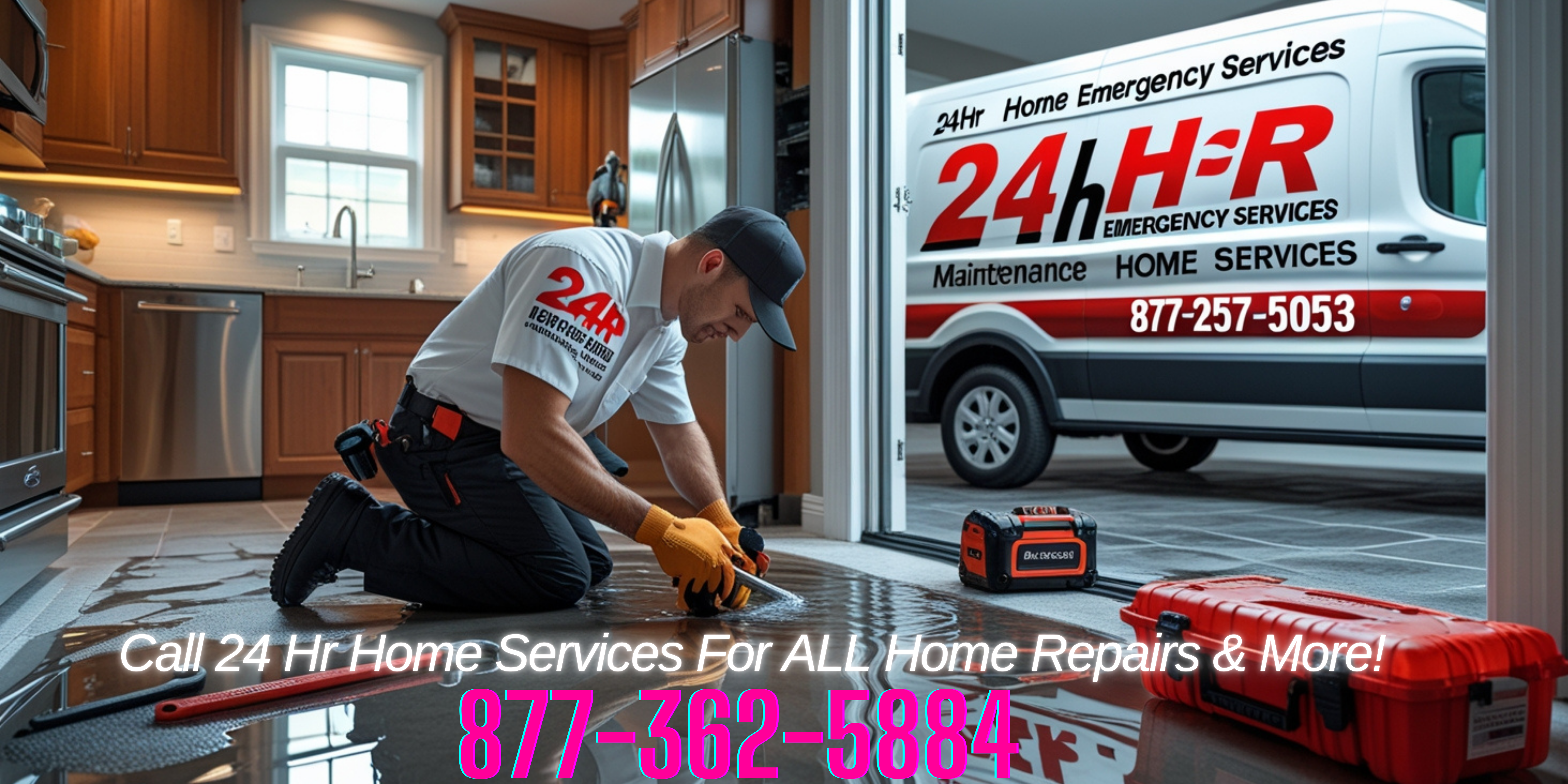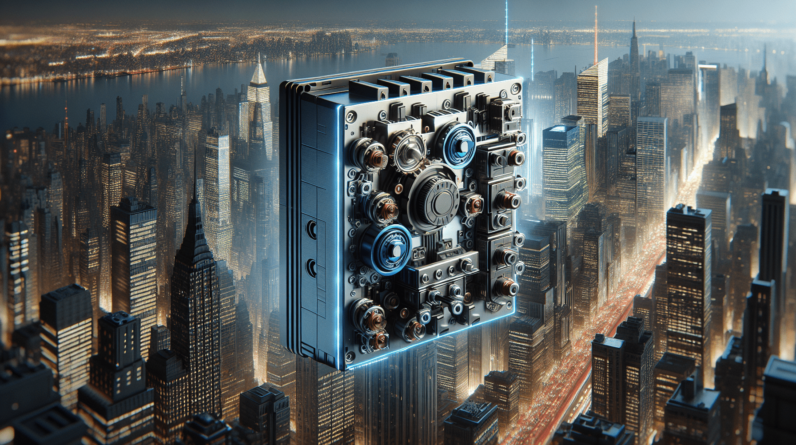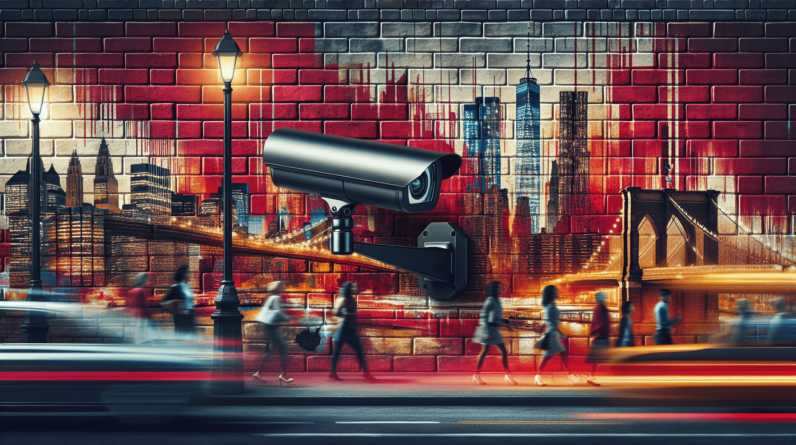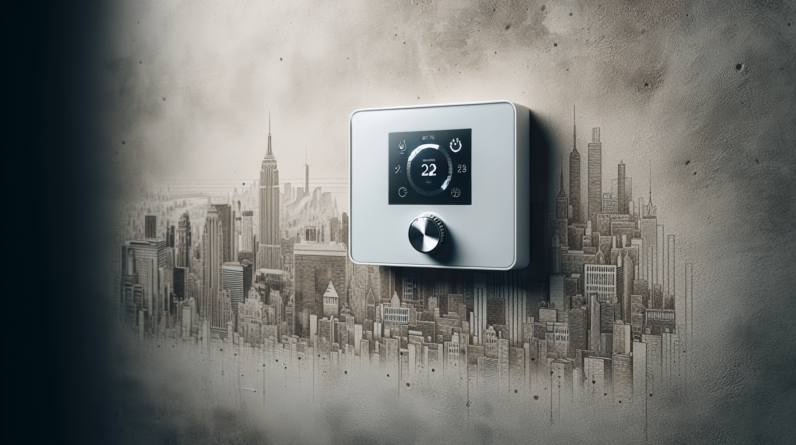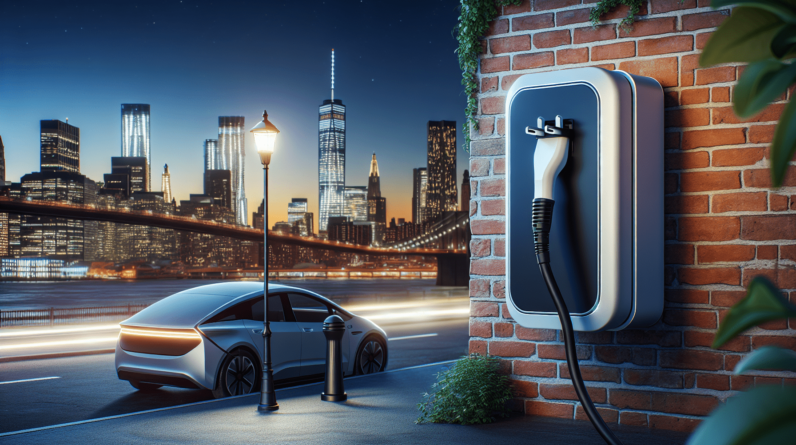
Have you been considering making the switch to an electric vehicle (EV) but are unsure about the installation of a charger in your home? The good news is that New York City offers a wealth of options for EV charger installation, ensuring you can conveniently charge your car right where you live. This guide will help you navigate the landscape of EV charger installations in the city, from understanding the different types of chargers available to finding the best installation service.

Understanding Electric Vehicle Chargers
You might be wondering, what exactly are electric vehicle chargers? Simply put, these devices refill the battery of your electric vehicle, allowing you to drive without the need for gasoline. They come in various types, suited for different needs and charging speeds.
Types of EV Chargers
Knowing the types of EV chargers available is vital when considering installation. Here’s a quick breakdown of the main types:
| Charger Type | Charging Speed | Best For |
|---|---|---|
| Level 1 | 2 to 5 miles per hour | Residential homes with low usage |
| Level 2 | 10 to 60 miles per hour | Homeowners seeking faster charging |
| DC Fast Charging | 60 to 100 miles in 30 minutes | Public charging stations or commercial use |
Level 1 Chargers are the most basic and can be plugged into a standard wall outlet. While this is helpful for slow charging overnight, it’s not ideal if you need quicker turnarounds.
Level 2 Chargers, often installed in residential settings, require a dedicated circuit. They provide much faster charging times and are the preferred choice for most homeowners.
DC Fast Chargers provide rapid charging and are generally found in public spaces. They are perfect for a quick top-up during road trips but aren’t typically suited for home use due to installation requirements.
Why Install an EV Charger at Home?
You might ask, why go through the hassle of installation? There are several compelling reasons:
Convenience
Having a charger at home means you can charge your vehicle overnight, eliminating the need to visit charging stations frequently. You wake up each day with a full battery.
Cost-Effectiveness
While the initial installation may seem pricey, over time, charging your vehicle at home can save you money on fuel. Plus, many utility companies offer incentives for EV owners, allowing you to lower your electricity costs.
Increased Property Value
Installing an EV charger can boost the value of your property. As more buyers seek out eco-friendly options, having a charging station can make your home more appealing.
The Installation Process
Embarking on the installation process may cause some apprehension, but understanding the steps involved can make it feel much more manageable.
Choosing the Right Charger
This first step is crucial. Depending on your driving habits and the availability of electrical infrastructure in your home, you will need to select a suitable charger.
Assessing Your Home’s Electrical System
A qualified electrician needs to evaluate your current electrical system before installation. They will determine whether your electrical panel can support an EV charger without significant upgrades.
Obtaining Permits
In New York City, installing a Level 2 charger may require permits. A licensed installer will often handle this as part of their service, ensuring compliance with all local regulations.
Installation
After securing the necessary permits and selecting your charger, the actual installation can take a few hours to a day. Your installer will connect the charger to your electrical system, ensuring everything operates safely and effectively.
Finding the Best Installation Service in New York City
With numerous options available, choosing the right installation service can seem daunting. Here are some tips to help you find a reliable provider:
Look for Certifications
Ensure that any installer you’re considering is certified. Certifications like those from the Electric Vehicle Infrastructure Training Program (EVITP) guarantee that the technician has received thorough training in EV charging installations.
Check Reviews and References
Don’t hesitate to ask for references and read online reviews. A reputable company will have satisfied clients willing to share their experiences.
Get Multiple Quotes
This is essential. Obtaining multiple estimates not only gives you a sense of the average installation cost but also allows you to compare services.
Inquire About Warranties and Support
A trustworthy installer should provide you with warranties covering the charger and installation workmanship. Moreover, they should also offer ongoing support in case of issues down the road.

Cost of EV Charger Installation in NYC
Understanding the costs associated with EV charger installation can help you budget effectively. Here are some expenses you might encounter:
| Expense | Estimated Cost Range |
|---|---|
| Charger Unit | $400 – $1,500 |
| Installation Labor | $300 – $1,000 |
| Electrical Upgrades | $1,000 – $4,000 (if needed) |
| Permits and Fees | $50 – $300 |
The cost of the charger itself can fluctuate based on the brand and features, while labor costs will depend on the complexity of the installation. If your electric panel needs significant upgrades, that could lead to a higher overall expense.
Incentives for EV Charging Installation in NYC
If you’re considering making this investment, you’ll be pleased to know that various incentives are available that can help offset the costs.
Federal Tax Credit
The federal government offers a tax credit for EV charging stations, allowing you to deduct a portion of the installation costs from your federal taxes. This credit previously allowed up to 30% of the total installed cost, so it’s worth discussing with your tax advisor.
State and Local Incentives
New York State also offers various incentives, including rebates for EV charging installation. The New York Power Authority, for example, provides rebates for residential and commercial installations, making it an attractive option.
Utility Provider Programs
Some utility companies partner with EV service providers to offer rebates, discounts, or special rates for EV owners. It’s a good idea to check with your local utility about any programs available to you.
Best Practices for EV Charging
Once you’ve installed your charger, you might consider some best practices to maximize its efficiency and lifespan.
Charge Smartly
To take full advantage of off-peak rates offered by your utility provider, schedule your charging during late-night hours. This practice can help reduce your electric bill significantly.
Regular Maintenance
Although EV chargers are relatively low-maintenance, regular checks by a licensed electrician ensure they function correctly. This practice can also catch any potential issues early.
Use the Right Charging Cable
The type of vehicle you have determines the appropriate charging cable. Always consult your EV’s manual to use the correct one, ensuring safe and efficient charging.
Maintenance and Troubleshooting
Like any electrical appliance, your charger might occasionally develop issues. Here’s a simple overview of common problems and basic troubleshooting tips.
Common Issues
- No Power to the Charger: If your charger isn’t operating, check your circuit breaker and make sure it hasn’t tripped.
- Incompatibility with Vehicle: If the charger isn’t communicating with your car, ensure the cable and charger type are suitable for your vehicle.
When to Call a Professional
If you encounter persistent issues with your charger or if it fails to work despite troubleshooting, it’s best to contact a professional. Don’t attempt repairs if you’re not familiar with electrical systems; it’s best to ensure your safety and the integrity of the appliances.
The Future of EV Charging in NYC
As you look forward to your EV charger installation, consider the future landscape of electric vehicles in New York City.
Growth of Charging Infrastructure
The city plans to expand its charging infrastructure significantly in the coming years. As the number of EVs on the road increases, more public charging stations are expected to pop up in parking lots, garages, and street-level locations.
Adoption of Renewable Energy
New York is moving towards renewable energy sources, meaning that powering your EV through sustainable means is becoming even more practical. This shift not only benefits the environment but can also positively impact your electricity costs.
EV Accessibility
With increasing focus on environmental sustainability and the shift towards electric vehicles, you’ll likely see a growing number of incentives for people looking to install chargers, making it easier for you to charge your vehicle at home.
Conclusion
You’re now armed with a wealth of information regarding EV charger installation in New York City. Whether you’re just beginning to consider the switch to electric, or you’re ready to install a charger in your home, understanding the process and knowing what to expect can make the transition smoother. By choosing the right charger, finding a reliable installation service, and taking advantage of available incentives, you’ll be well on your way to embracing the future of transportation. So, is the installation of your EV charger the next step in your journey towards eco-friendly driving?
